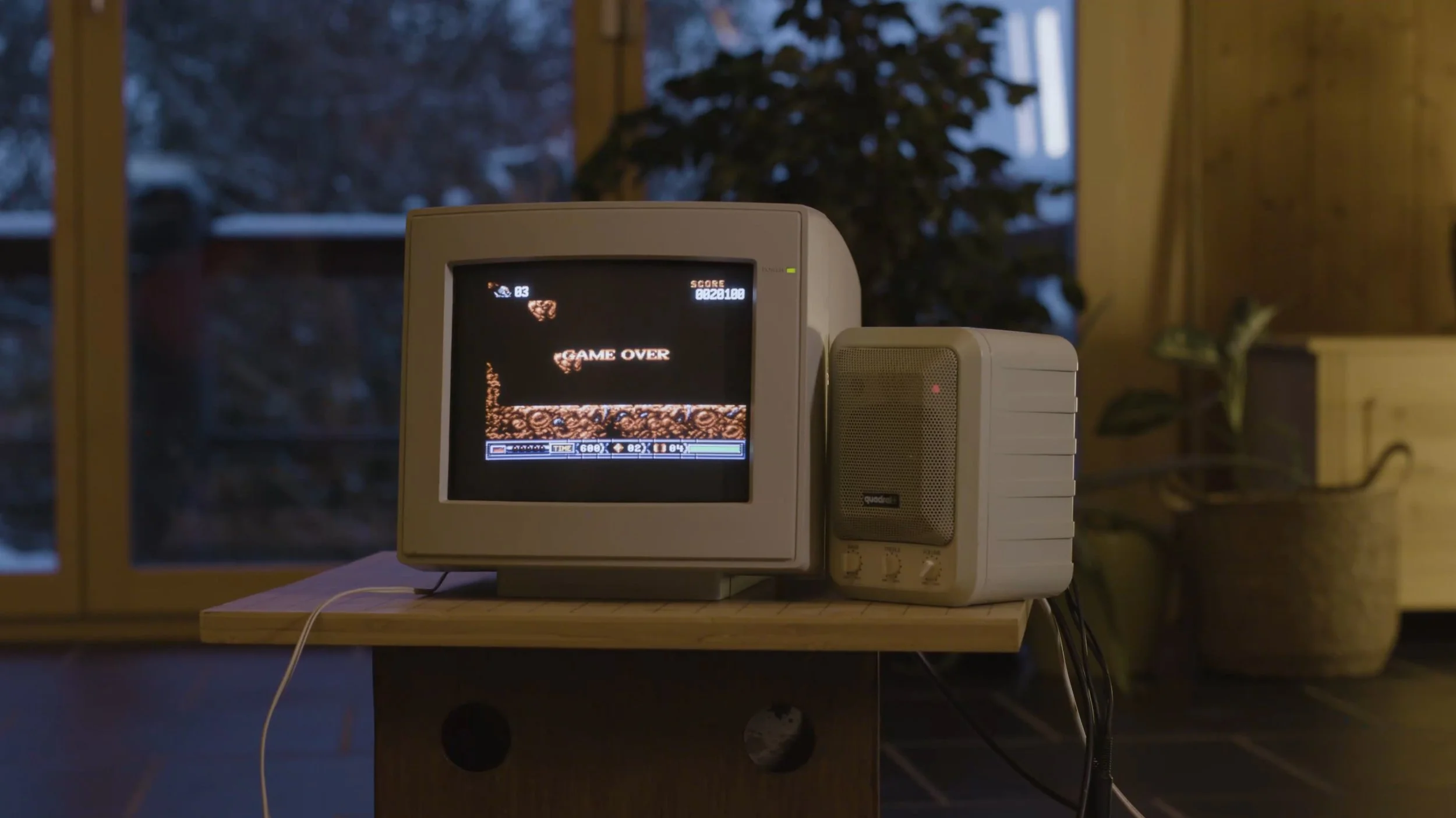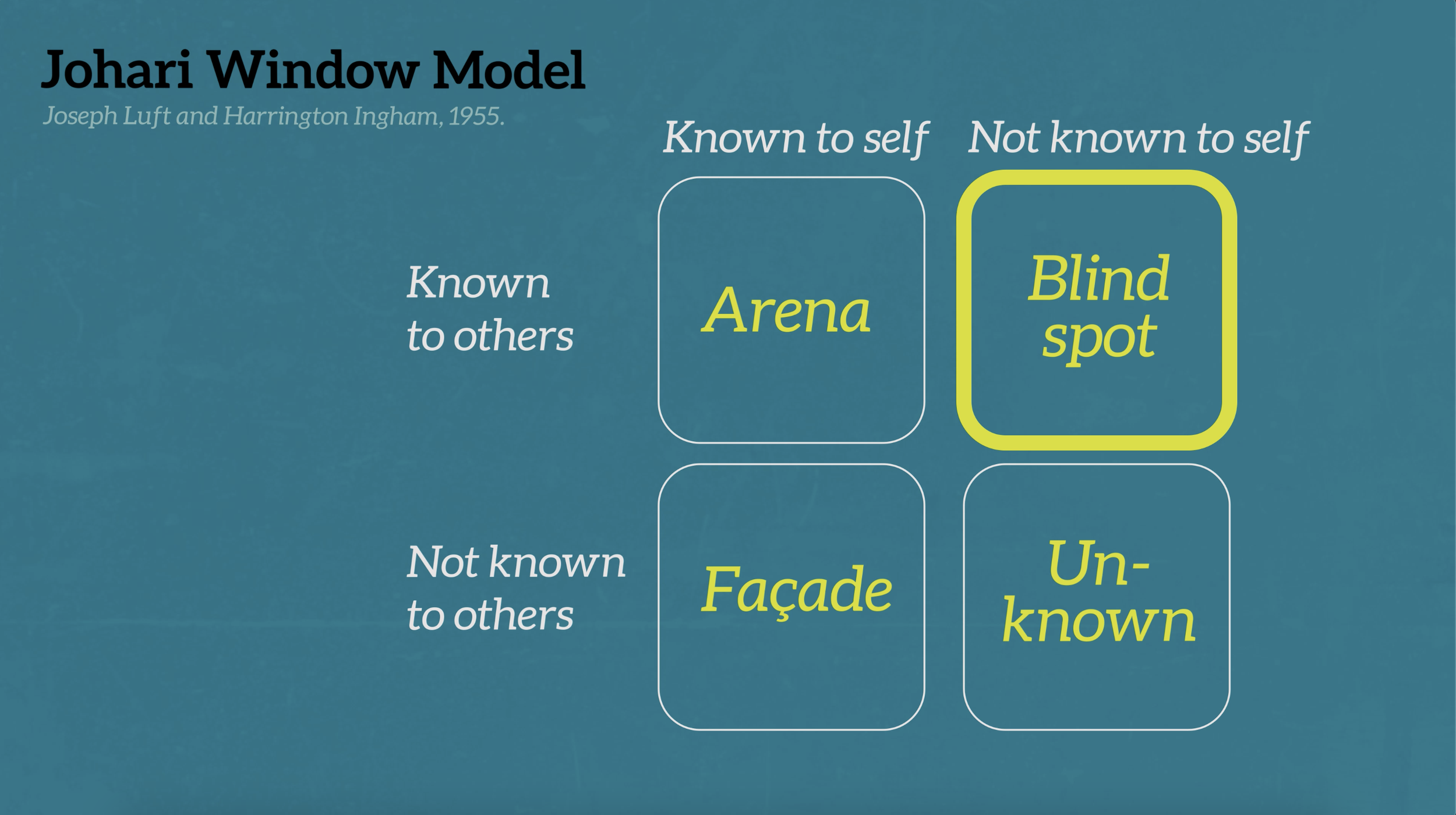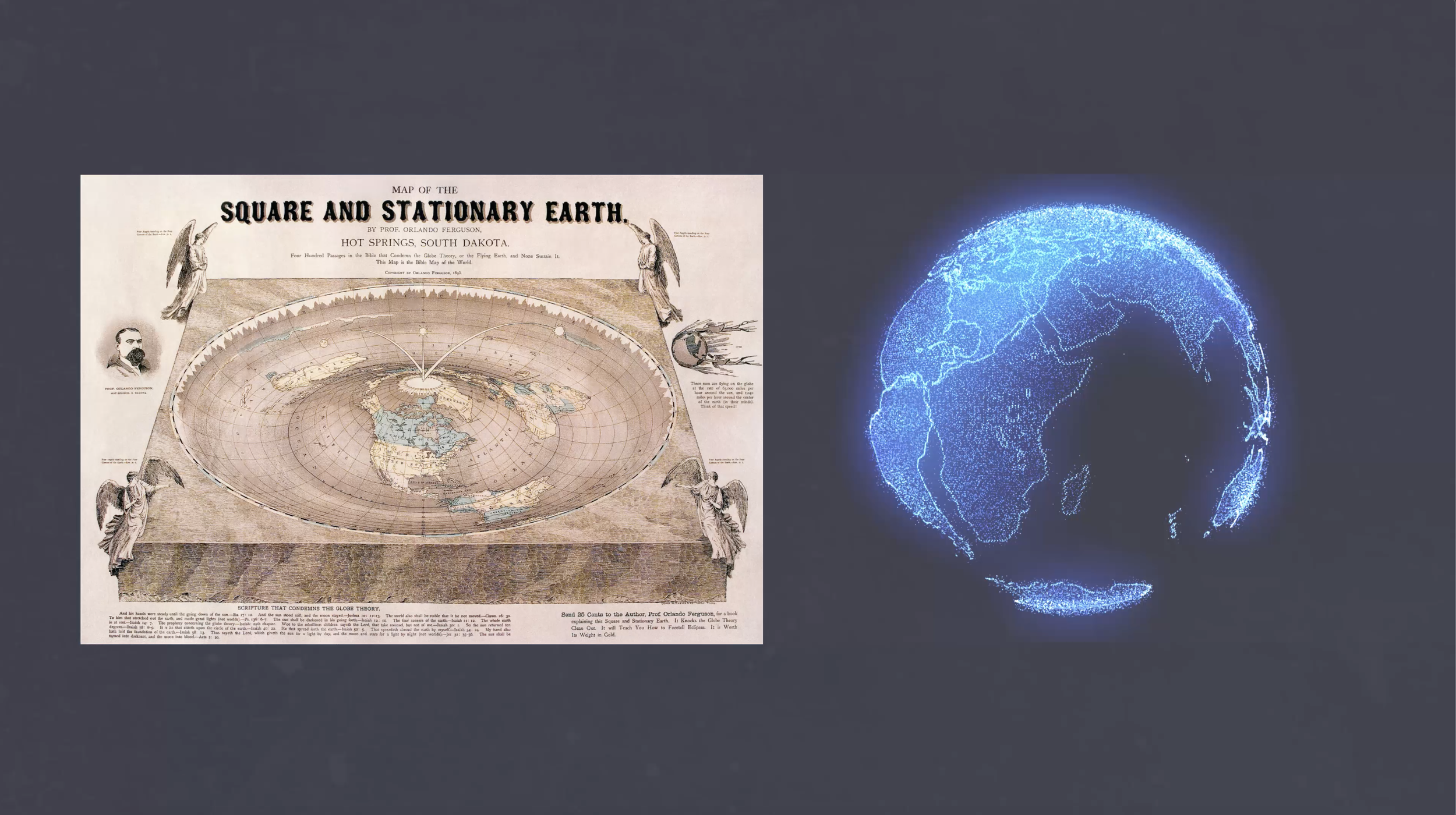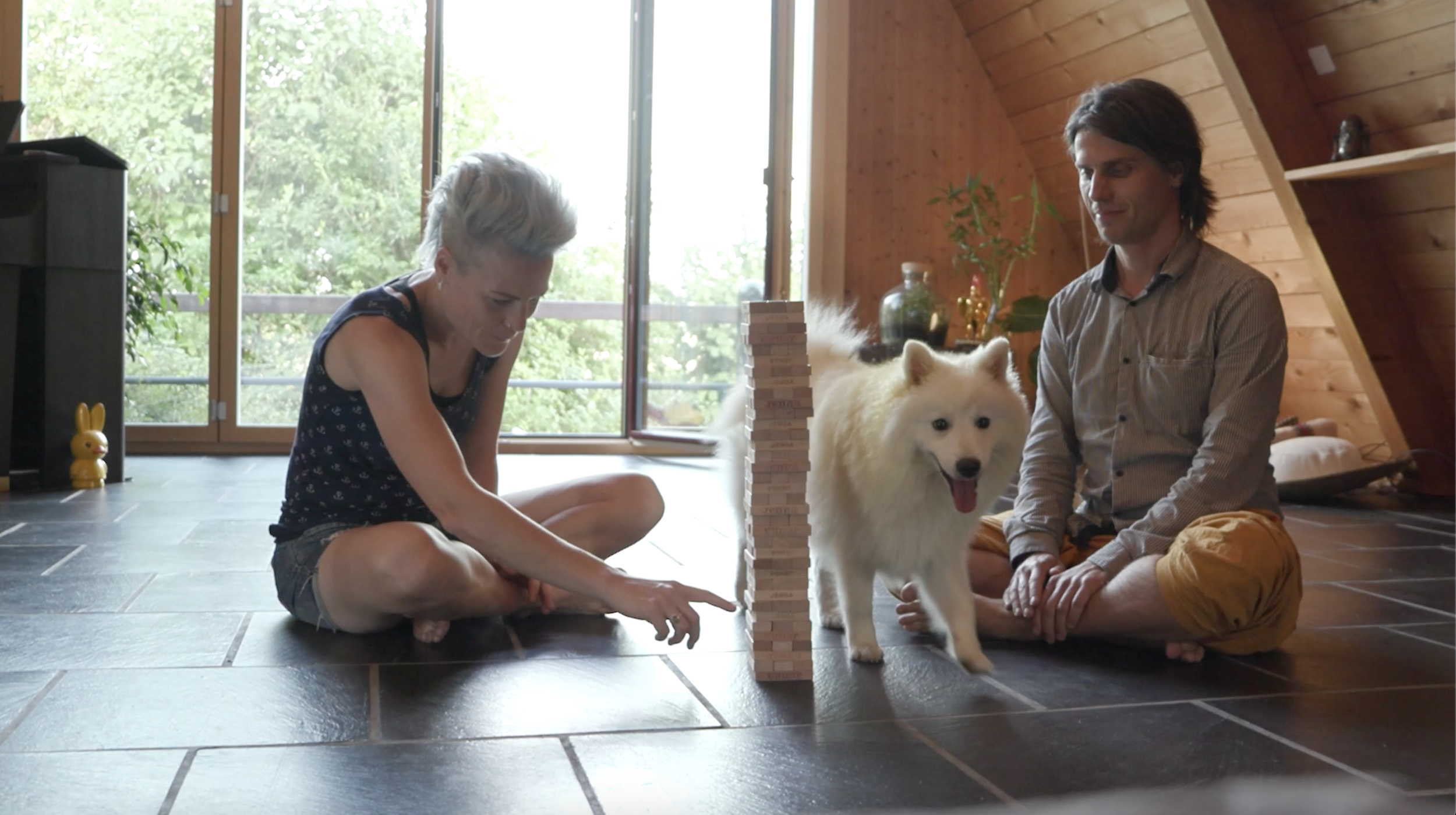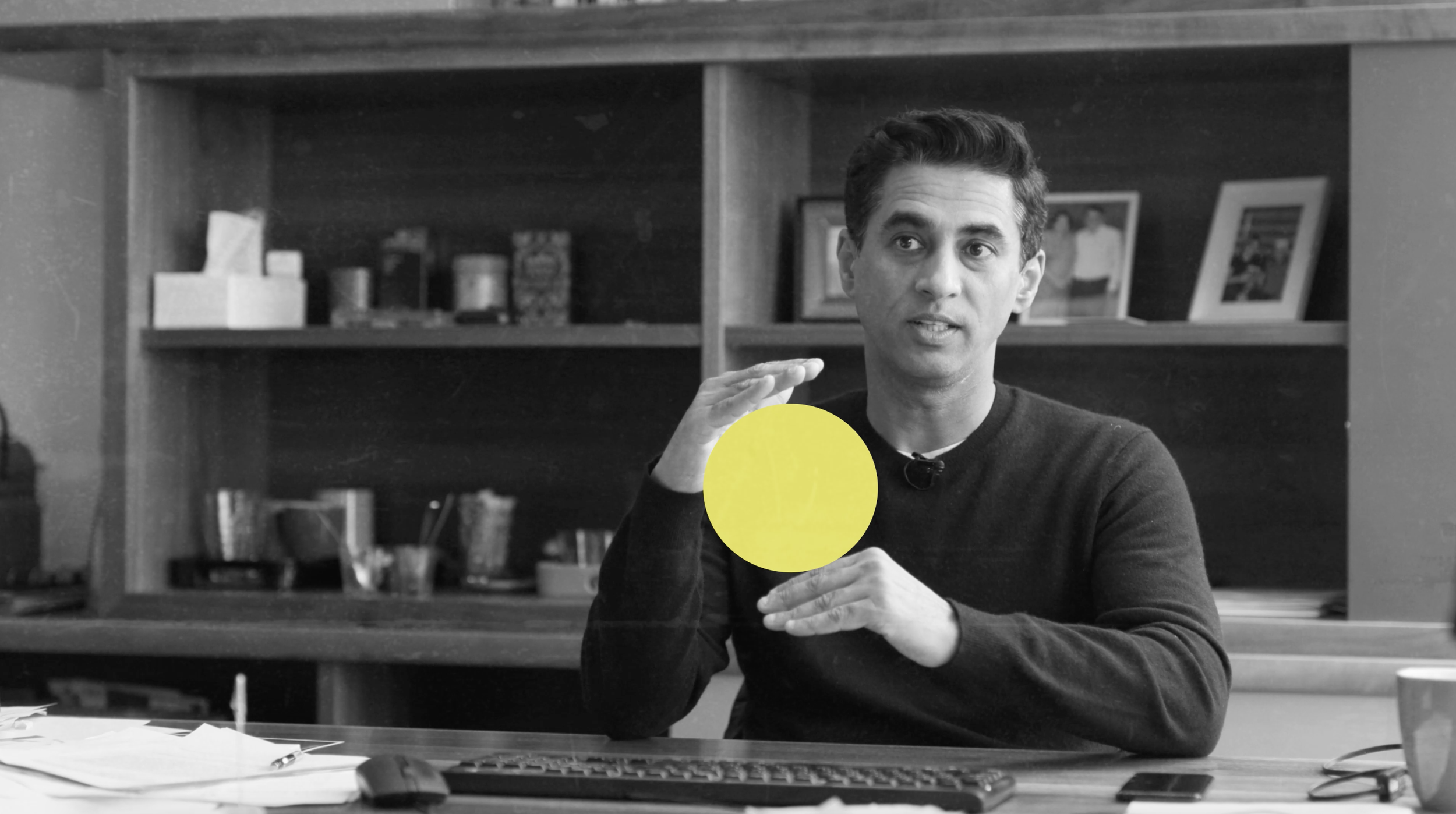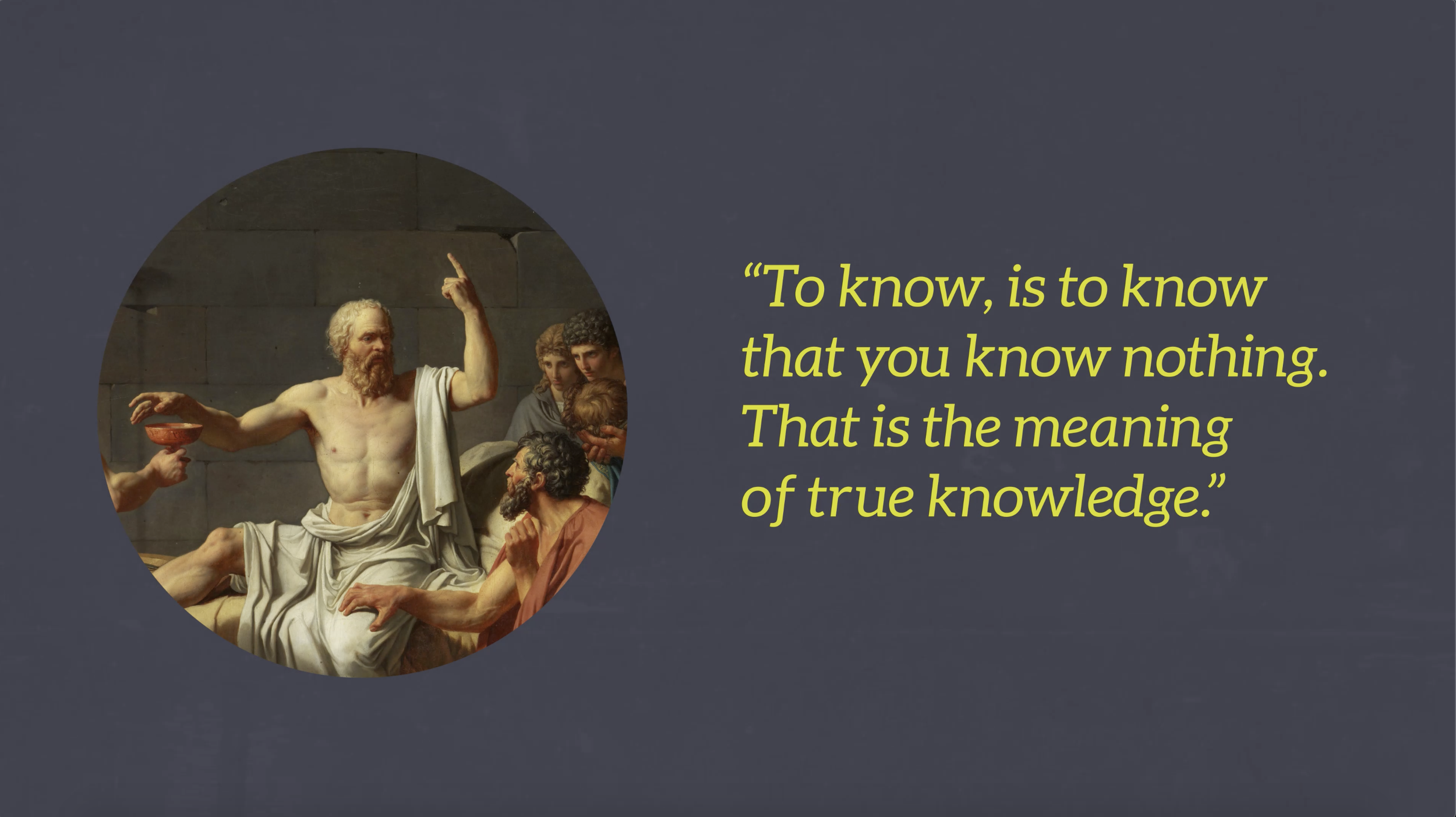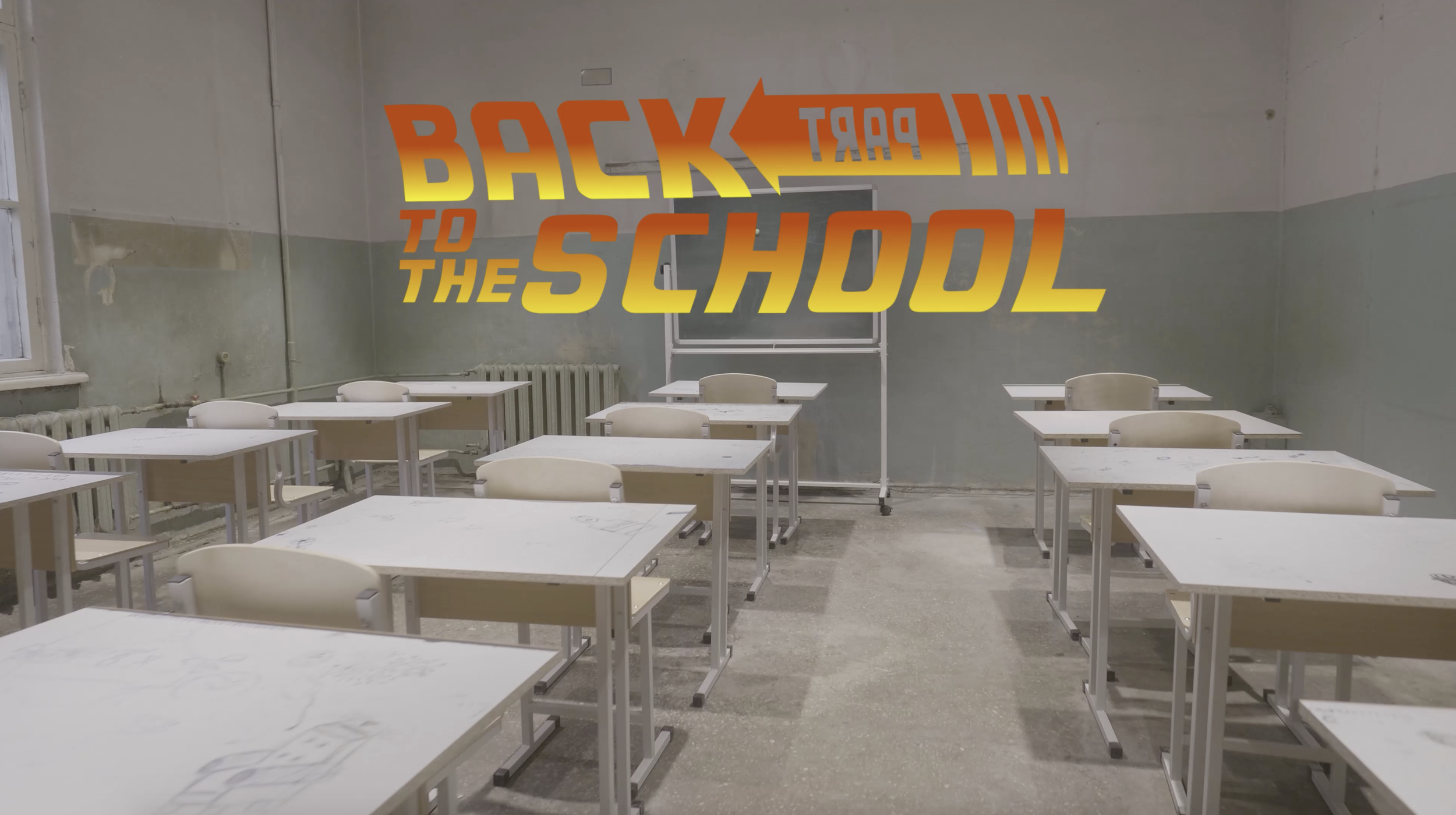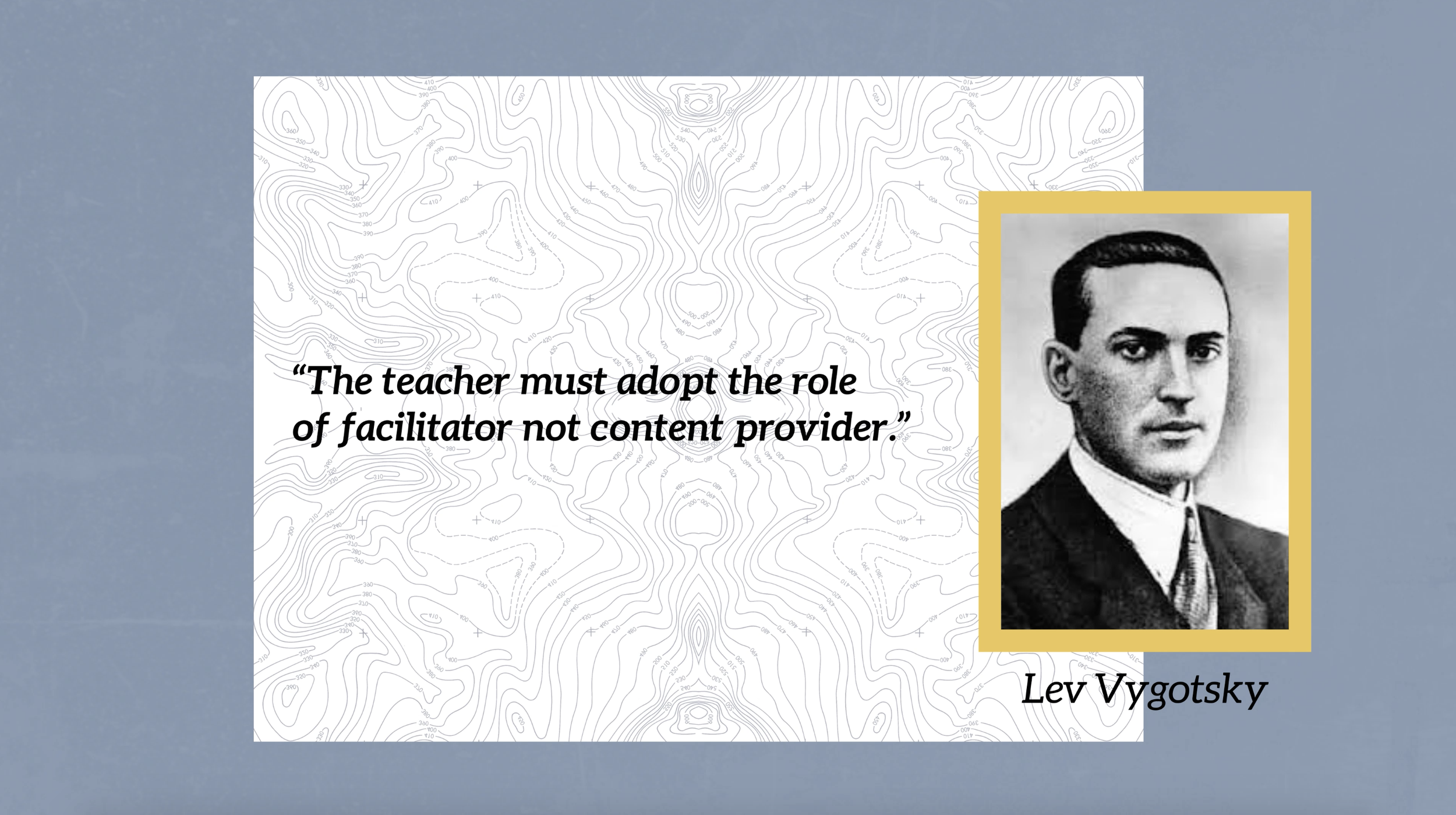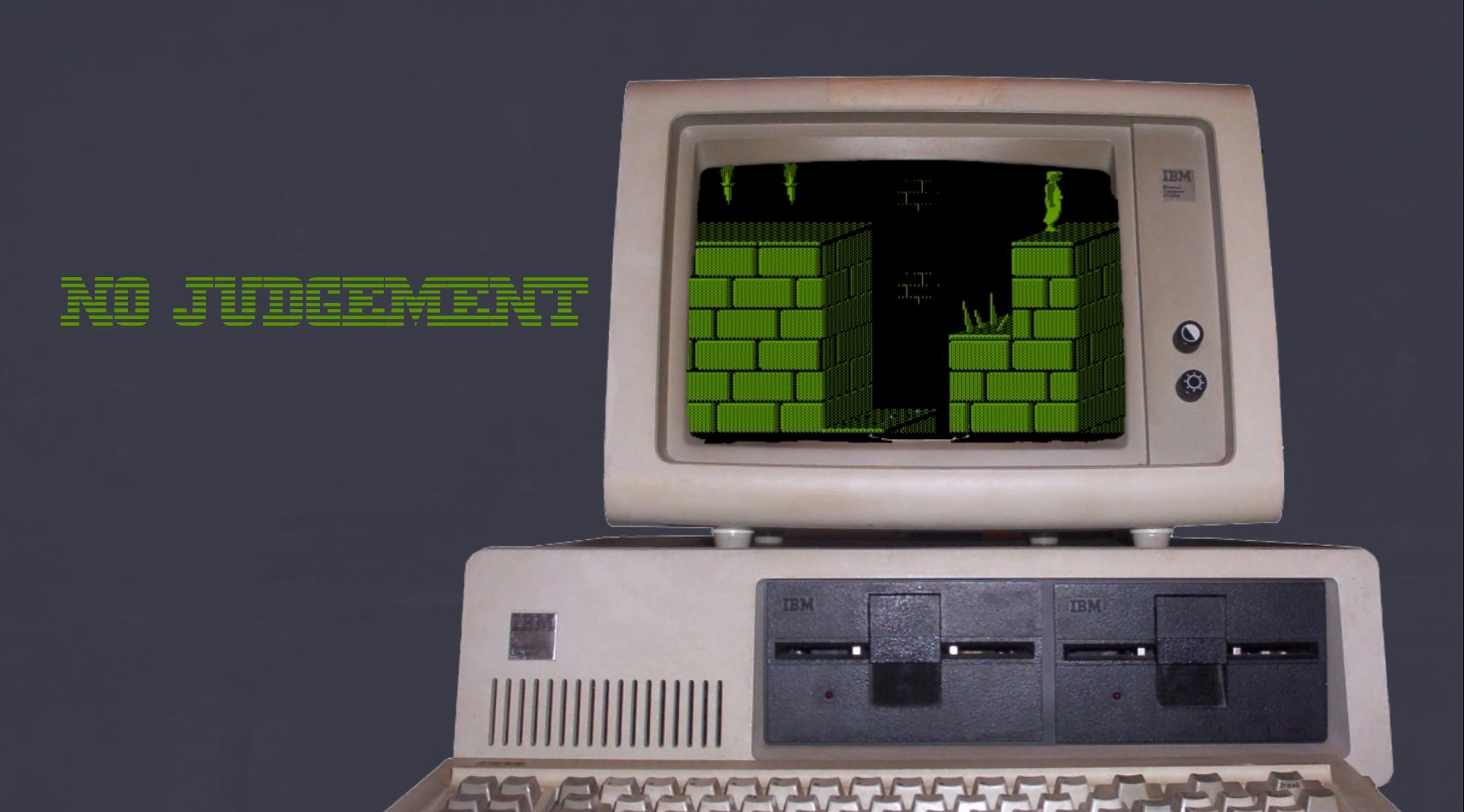
Critical Concepts for
Young Teachers
LET Curriculum & Faculty Development / ETH Student Teaching Assistants
Failing for learning, threshold concepts, misconceptions - the videos address critical concepts for reflective science teaching. The videos are embedded in the “STA” course of the Curriculum and Faculty Development team.
What we did:
Scripts
Video Design
Filming
Postproduction
Student Teaching Assistants
Learning Sciences Theories -
Behaviorism, Cognitivism, Constructivism
Enjoy a short dive into the major learning sciences theories, featuring Prof. Manu Kapur.
Learning Goals
How can we tell if students have “learned” something? We can’t look inside our students’ heads and “see” learning, and there is no machine which reveals it either. To check whether students have learned what we want them to learn, we must ask them to do something with it. They have to demonstrate that they have integrated it. That's where learning goals and objectives come in.
Threshold Concepts - Why learning new things can be difficult
In science education, students often face crucial turning points when confronted with difficult concepts or complex theories. For example, the so called threshold concepts are particularly interesting, as they alter the perception of scientific content and may even change the worldview. After this flash of insight, it is hard to revert back to the previous state. There is basically no way back to the original level of understanding. Once a threshold concept is understood, it may be hard to believe that you ever saw the world differently.
My role(s) as Teacher - challenges, reflections, classroom culture
Imagine this: You step in to the classroom and your first teaching session is about to start. You know the content, you know the solutions, you even know which kind of input is useful for the students. But what if you lose your train of thought? And how does your mental image of you as a teacher actually look like? Let's have a look at how you can best prepare for your new role as a teaching assistant.
Misconceptions in Science Education
Have you ever encountered a situation where a fact that you were convinced was true is proved false? Suddenly you see that your assumptions were wrong, and the world is no longer the same! One place where this happens often is at university. Here, students are encouraged to look closely at the world, from the perspective of science. What they discover sometimes topples firmly held beliefs. As uncomfortable as this is, it’s a normal part of learning. But what exactly is a misconception?
Featuring Prof. Elsbeth Stern
Fail forward - why we need to fail more often
Failing is learning! What role does failing play in our learning? And what is "productive failure"? Can we even love to fail? Even though in life, we usually don’t like to feel incompetent nor are we happy to fail - when it comes to gaming, we seem to be okay with making an exception. Why is that? In our video on "the art of failing", we take a look at gaming and make a comparison to the learning theories on failing.
Featuring Prof. Manu Kapur
People involved
LET Curriculum and Faculty Development
Script Development:
Dr. Benno Volk
Serena Pedrocchi
Dr. Marion Lehner
Dr. Jeanine Reutemann
Video productions by:
Dr. Jeanine Reutemann
Backstopping:
Dr. Gerd Kortemeyer
